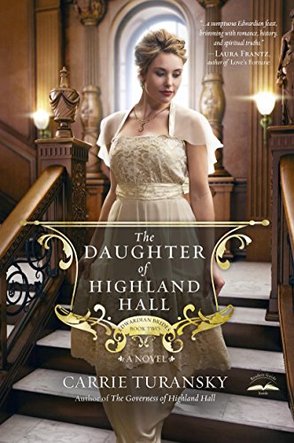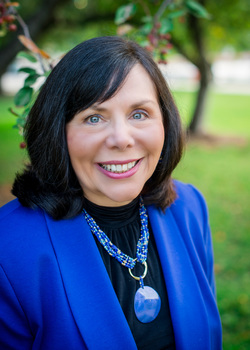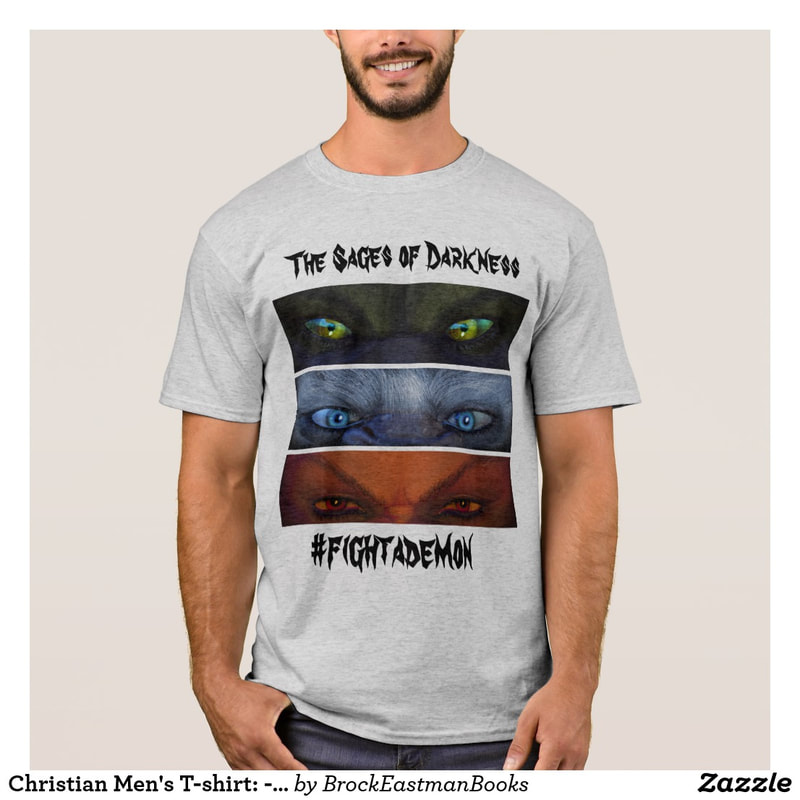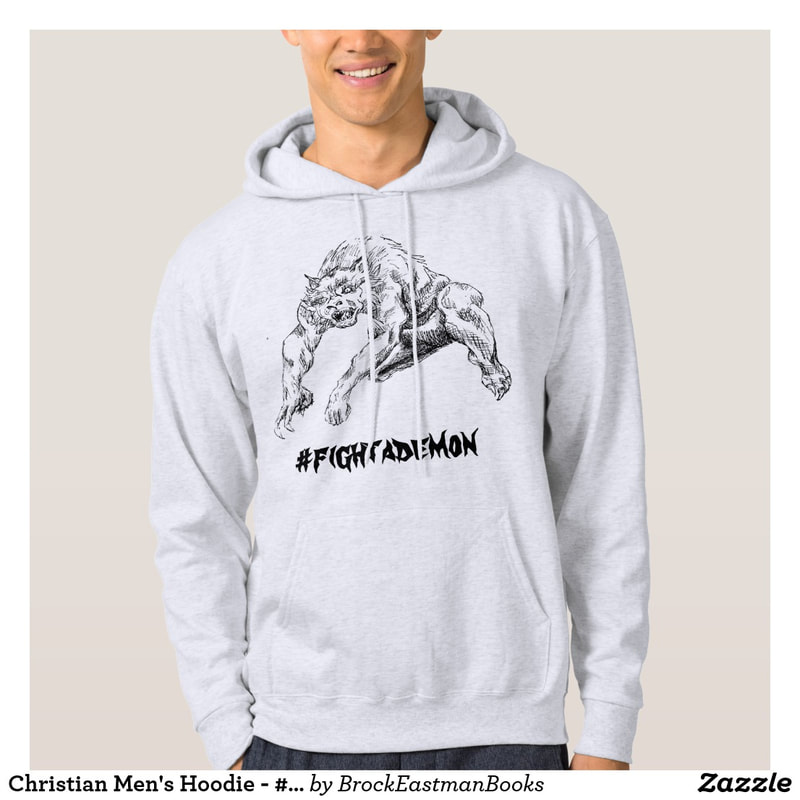 Interview by Brock Eastman Featuring The Daughter of Highland Hall Fans of Downton Abbey, Jane Eyre, and Pride & Prejudice will enjoy this pure and inspiring romance taking place in Edwardian England amid a clash of cultures and changing times. Eighteen-year-old Katherine Ramsey travels to London with her family to make her debut into society and hopefully find her future husband. Her overbearing aunt insists she must secure a proposal from a wealthy young man who is in line to inherit his father’s title and estate. But Katherine questions her aunt’s plans when she gets to know Jonathan Foster, a handsome medical student and strong Christian who is determined to protect the poor and vulnerable in London’s East End. When a family scandal puts a damper on Katherine’s hopes for the season, she has time to volunteer with Jonathan, caring for children in one of London’s poorest areas, and romance blossoms. Katherine’s faith grows and she begins to envision a different future with Jonathan. But when Katherine’s work in the East End puts her in danger, Jonathan distances himself from Katherine to protect her. A wealthy suitor reappears, and Katherine must choose which path to follow. “Giving vivid entry into an Edwardian England setting, from genteel ballrooms to the gritty streets of London’s East End, author Carrie Turansky has created a cast of multilayered, delightfully written characters I found engaging from beginning to end. The Daughter of Highland Hall is at its heart a story of personal courage, one sure to please fans of Turansky’s The Governess of Highland Hall, as well as readers coming fresh to the series with this book.” —Lori Benton, author of Burning Sky and The Pursuit of Tamsen Littlejohn Brock: How did you come up with the idea for the Edwardian Brides Series? Carrie: Early in 2012 I attended the American Library Association Conference in Philadelphia with another author friend. I spoke to an editor there and asked what she was looking for. She said she’d love to see and English historical romance series set in the same time period as Downton Abbey. I’d enjoyed watching the first season of Downton, and I especially liked the way the screenwriter gave equal time to developing the storyline following wealthy family as well as the loyal servants. I didn’t know much about Edwardian England, but I jumped into the research, and fell in love with the time period. The ideas for the characters and plot rose out of my research and the issues of the time. The first two books in the Edwardian Brides Series, The Governess of Highland Hall, and The Daughter of Highland Hall have been released. Book 3, A Refuge at Highland Hall will release in October 2015. Brock: Tell us about the main characters. Who are they? What makes them unique? Carrie: Each novel in the series includes members of the Ramsey Family and their loyal staff, but each story stands alone and is complete because different people step forward to take on the role of heroine or hero. In The Daughter of Highland Hall, Katherine (Kate) Ramsey, a wealthy young debutante, is poised to make her debut in London society who hopes to secure a marriage proposal from a wealthy, titled suitor. Then she meets Jon Foster, a young medical student who has a strong faith and wants to serve the poor, and that opens the door to another possibility for her life. Brock: Give us one fact about each main character that no one else knows. Carrie: Kate loves to sing and wishes she could perform on stage. Jon rode elephants in India as a boy and would love to return to India do it again some day. Brock: In three words, what is this book about? Carrie: Finding your purpose Brock: Do you outline the entire book before starting, or do you write as you go and let the characters take control of the story? Carrie: My publisher asks for a synopsis, so I usually have a good idea of the main events in the story before I start writing. My editor gives me feedback after she reads the synopsis, and I often incorporate her ideas. But I like to let the characters show me how we will arrive at those turning points in the story. That’s the fun part. Brock: How do you believe this story relates to the lives of readers? Carrie: I think readers will identify with Kate’s search for meaning and purpose in life and also with her journey to discover a deeper meaning to her faith. Jon’s struggle to balance his love and commitment to his family with his desire to follow a different path is also an issue readers will identify with. As Jon and Kate weigh their choices for the future, readers may do the same. Brock: What is your favorite genre to write for? Carrie: I have written inspirational contemporary romance, women’s fiction, and historical romance. I love that last genre most, because I like stepping back in history and learning about another time and place. I have especially enjoyed writing these last three stories set in England. Brock: What is the biblical background or basis for the series? Carrie: The theme verse for this book is Matthew 6:33. “Seek first the Kingdom of God and His righteousness, and all these things shall be added to you.” I chose this verse because it describes the heroine’s faith journey and her discovery of what is most valuable in life. Brock: How many books are planned for this series? Carrie: There are three books in the series. The Governess of Highland Hall, The Daughter of Highland Hall, and A Refuge at Highland Hall (Oct. 2015) Brock: Any certain research required for the book, or is it all from your imagination? Carrie: This series required quite a bit of research, including two trips to England and hours reading books about the time period, customs, and issues in Edwardian England. Understanding life “below stairs” was just as important as understanding the aristocratic England in the Edwardian era. I watched several documentaries that were helpful too. The ideas for my stories usually rise out of the research. Brock: What do your readers think about your latest series? Carrie: I enjoy connecting with readers on Facebook, Pinterest, Goodreads, and through my blog and website. Their comments and reviews have been very encouraging to me. They are enthusiastic about the series and eager for the next book. The Governess of Highland Hall was a finalist for the ACFW Carol Award and the Gayle Wilson Award of Excellence. The Daughter of Highland Hall has been nominated for an Inspy Award. Brock: Why did you choose to focus on a male or female protagonist? Carrie: I try to balance the number of scenes given to the family and the staff and weave those together. Most of my readers are women, so I give the heroine a few more scenes than the hero, but Jon has his scenes as well. Brock: Are you working on the next book in the series? Carrie: I just turned in the third book, A Refuge at Highland Hall. My editor will give me some notes and suggestions soon, then I’ll polish and be excited to share it with readers in October. Brock: Can you give us a hint at the next book in the series? Carrie: In Book 3, A Refuge at Highland Hall, readers will be swept away to England and France in 1915 as Penny Ramsey and Alex Goodwin face the challenges and losses of World War One, yet also experience the hope and triumph that comes as they put their trust in God to carry them through. The Ramseys welcome a group of orphaned children to Highland and must send members of the family and staff off to war. Readers will be thrilled by action packed scenes when Alex, a daring British pilot, chases German zeppelins across the sky over the Front Line in France. And they’ll be delighted by two pure and heartwarming romances: Penny and Alex, and Lydia Chambers and Marius Ritter, a lady's maid and a prisoner of war. But most of all I hope readers be inspired by the characters' examples of trusting God through whatever trials you might face. Brock: Do you plot or outline the entire series before you begin writing, or do your books take on lives of their own? Or is there a combination? Carrie: I’d say there is a combination. When I propose a series I write a paragraph or two about books two and three, but I don’t plot out the second or third book until I start writing them. Brock: How much leeway do you give yourself with facts in a Historical Genre? Carrie: All my books are inspired by real events. There is historic precedent for what my characters do, and I am often inspired to create a character based on someone who really lived through an event. In this book I wanted my heroine to be inspired by Christians who put their faith into actions, so I wove in the history of the Salvation Army in England and used parts of speeches given by actual people in that movement. But the plot and characters are fictional and the result of my imagination. Brock: How do you hope parents will use this book with their kids? Carrie: My husband writes parenting books and speaks at homeschool conferences, and when we are there, I often meet teens who have enjoyed my novels. Reading historical fiction is a great way for young people to learn about a time period, so hope parents will consider giving my books to their teens. Brock: What do you hope kids take away from this book or series? Carrie: My heroes and heroines are in their late teens and early twenties, so I think teen readers will be able to identify with the issues they face and be encouraged to see how their faith can help them as they move ahead in life. Brock: Where do you like to write? Carrie: I use a laptop, so I write in several different places in my house: in my kitchen, at my desk in the dining room, and in the living room. Brock: Are you a full-time or part-time author/writer? Carrie: I am a full-time writer, but also a full-time wife, mom and grandmom, and part-time ministry leader. Brock: How long does it usually take you to write a single book? Carrie: When I’m working on a series it usually takes me a year because I am revising the last book and promoting a book that is coming out, and writing the next one. Brock: What is your "how I got published" story? Carrie: Our family spent a year in Kenya, and when we came back to the US, I missed Africa so much I decided to write a story set there as a way to relive my experiences. I had written reports and papers in college, but never a novel. I poured out the story and enjoyed the process, but when I showed it to an editor at a writers’ conference, she told me I needed to learn fiction techniques. That was disheartening, but I joined a local writers’ group at my library and also American Christian Fiction Writers. I kept writing, reading, and submitting my books over then next five years. I finished five books before the first one was accepted and published in 2005. It was hard to keep going in the face of rejections and waiting, but through ACFW I met other writers who encouraged me and helped me improve my writing. You learn to write by writing…so that’s what I needed to do. Brock: What was your favorite book as a teen or child? Carrie: My Great Aunt Frances was a teacher and loved books. She often gave me award-winning books as Christmas gifts. Some of those early picture books are still some of my favorites: Make Way for the Ducklings and One Morning in Maine by Robert McCloskey. Then I read Charlotte’s Web, Island of the Blue Dolphins, The Bronze Bow, Little Women, and Anne of Green Gables. All were wonderful stories that have stayed with me all these years. Brock: In what ways does your faith impact how you approach writing? Carrie: My faith is the central core of who I am, and that comes through in my writing. I believe God has answers for the struggles we face, and I like to show how my characters wrestle with their faith and discover how God is at work in their lives. I am learning a new level of dependence on Him as I write and pour my heart into these stories. He is a wonderful creator, and it’s exciting and fulfilling to partner with Him as I write. Brock: Favorite place to vacation? Carrie: England, especially the Lake District! Brock: Favorite season? Carrie: Spring Brock: Do you have a particular drink or food you consume when you write? Like coco, raspberry tea, animal crackers? Carrie: I’m a tea drinker…Earl Grey….Plantation Mint….Good Earth. Brock: Favorite color? Carrie: Blue Brock: Do you listen to music while you write? If so, what are some examples? Carrie: Yes, I like to listen instrumental soundtracks from movies while I write. A couple of my favorite are Little Women and Cider House Rules. Brock: Can you tell us about your research trip to England? Carrie: My husband and I visited England in 2012 and focused our time in Oxfordshire, the Peak District and the Cotswolds. Our tour of Highclere Castle where Downton Abbey is set was the highlight of that trip for me. I loved seeing all the rooms where Downton is filmed, including the great hall, the library, the upper gallery and bedrooms. The gardens and greenhouse were lovely, and I had those in mind for several of the scenes in The Governess of Highland Hall. But I wanted to find a unique estate and setting for my books. My online research led me to Tyntesfield, a beautiful estate near Bristol in southwest England. It was a perfect choice. Tyntestfield is featured on the cover of The Governess of Highland Hall, and I used the interior design of this house to help me envision the scenes in my novels. I was very excited to visit Tyntesfield in May 2014. What a thrill to see all the rooms and take a private tour of the day nursery and the governess’s bedroom! It’s even more beautiful than my online research revealed. If you’re ever in the area, I highly recommend a visit to Tyntesfield. I have a Pinterest board filled with photos to help me remember everything I saw there. Brock: How was culture changing during the period in which you wrote, and how does The Daughter of Highland Hall reflect that? Carrie: As the Victorian era came to an end, the moral climate became less strict. This is reflected by incidents in both The Governess of Highland Hall and The Daughter of Highland Hall. William Ramsey, the head of the family, is impacted by the choices of other family members and must decide how to respond. The differences between the classes were also changing. Working-class people were less satisfied with being “in service” as maids and butlers, and they wanted increased wages and benefits, putting pressure on the upper class. Taxes, especially death duties, put tremendous financial stress on families who inherited large estates. This plays a role in books one and two in the series. All these changes were even more apparent in the later half of the era because of the changes World War I brought to English society. The Ramsey family and the staff at Highland will be going through World War I in book three, A Refuge at Highland Hall.  Author Website: CarrieTuransky.com Author Facebook: facebook.com/authorcarrieturansky Author Twitter: twitter.com/carrieturansky Author Pinterest: pinterest.com/carrieturansky/ Author Blog: carrieturansky.com/index.php/blog/
1 Comment
|
Follow meArchives
May 2024
Categories
All
|






 RSS Feed
RSS Feed